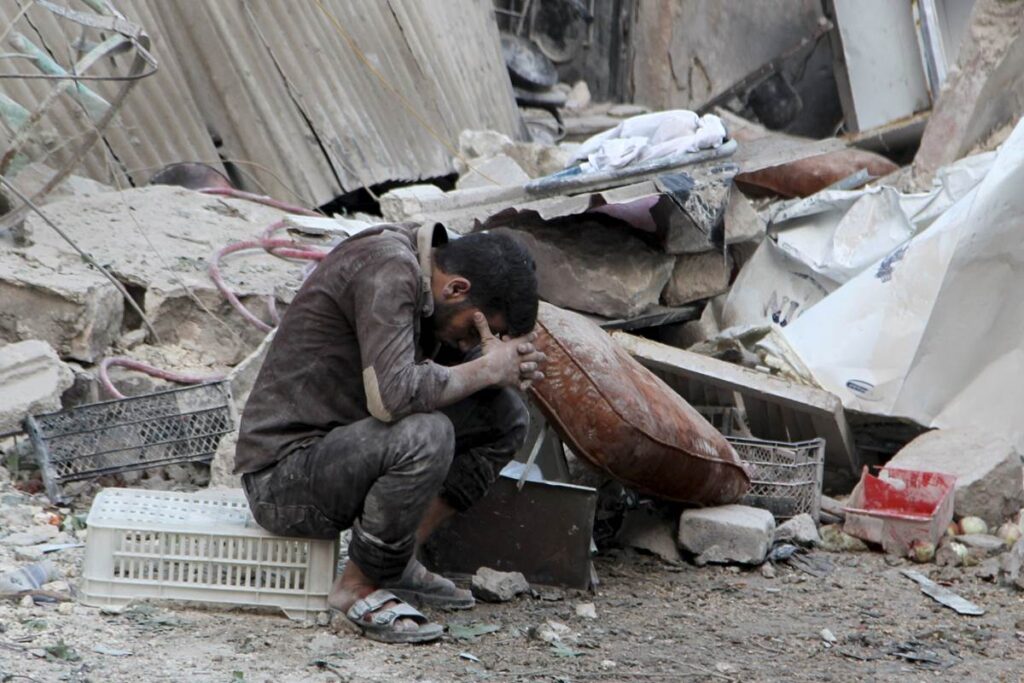On the occasion of the International Students’ Day, celebrated on the 17th of November, and the Athens Polytechnic Students uprising, we receive by Marco Crescenzi, Social Change School’s President, an important reflection on how the role of the School will change during the next 20 years, an infrastructure for young leadership development at a global level.
Let us pick up our books and our pens, they are the most powerful weapons.
Malala Yousafzai
On November 17, 1939, students’ resistance against Nazi occupation in the streets of Prague inspired the establishment of an Anti-Nazi Students Coalition.
Nazi authorities took drastic measures in response, closing all Czech higher education institutions, arresting more than 1200 students – who were then sent to concentration camps – and executing nine students and professors without trial.
For this reason, in 1941, November 17 was declared International Students’ Day by the International Students’ Council in London, which became the starting point of the founding of the International Union of Students.
Always on November 17, in 1973, the riot of Athens Polytechnic took place, against the fascist military regime of Georgios Papadopoulos, which had begun in 1967. Students built an illegal free radio station inciting population with the words “Psomi, Paideia, Eleftheria!” – Bread, Instruction, Freedom!
Many students were killed or imprisoned, but hundreds of thousands of people joined the resistance, and that constituted a very important step for the overthrowing of the Military Regime in Greece.
Today, International Students’ Day is treated as an international observance of student activism. A number of universities and Schools around the world observe it as a nonpolitical celebration of the multiculturalism of their international students.
How many of our young students in the West of the world are still able to do this? I will not say to risk their lives, but even just to fight for a better world, to affirm their values of freedom, education, equality, social solidarity, civil passion? How can they do this? And who are their man enemies?
Censis, one of the most prestigious European Institutes of Research, highlights two main adverse phenomena. The emergence of a Society of Resentment, a resentment against the broken promises and discomfort. And the loss of a Social Imaginary centred on common growth and responsibility: where instead of “speaking against” something (with resentment) there is a “working together” for something, where instead of excluding minorities there is the research of integration, always, with intelligence and effectiveness and convenient for everybody.
I will add a third and maybe more treacherous enemy: depression, explicit or a “spleen”, which is more and more common in Europe (OECD) and which finds clear evidence in the Neet phenomenon (Not in Education, Employment, or Training), more than two and a half millions only in Italy.
An high school teacher says “I find it incredibly hard to turn on that light in their eyes”… The only light often only seems the one that reflects from smartphones… Civil presence is replaced by a hasty but gratifying and distracting consumption in the short term.
Resentment and Surrender are real in Italy, but also in Brexit’s United Kingdom, in Trump’s USA, and in many states in East Europe, in Le Pen’s France (and in Macron’s hypocritical one).
It’s different in ASIA and AFRICA, where the mood I feel from young people is far livelier and more optimistic.
Resentment, defence, fear, surrender, they inevitably bring forward the loss of “active citizenship”, laziness in reacting, accepting easy situations and following those who seem to have clearer ideas, social exclusion of tangible parties to whom it’s easier laying the blame of our discomfort (migrants). In other words, to the loss of real democracy, social inclusion, a healthy and articulated civil debate.
A true “implosion of democracy”, chocked by surrender.
In an European scenario that I never recall being so grave from my personal experience – so from the Sixties – I believe that Social Change School needs to make a change of pace, to collaborate more deeply for the development of a more prepared and diffused global youth leadership, centred on the creation of social innovation and strongly connected to non-profit and its multiple possibilities. A more “political” one, in its best and Greek meaning.
So far, the School has been the main training basin of professional recruitment for NGOs, giving professional future to thousands of young “social change makers”. An incredible incubator for the growth of personal identities, richer in meaning and impact, and of professional launch.
For NGOs, it is a unique opportunity to acquire “fresh” professionals full of passion, some of the best European youngsters with a profile that combines social motivation and technical competence.
I think that now the School needs to of course continue what it has done in its first 20 years, and for its next 20 should become a great training infrastructure for the development of young and female leadership in the world.
We are already collaborating with important student associations like AIESEC and Erasmus Student Network in EUROPE, we have started synergies with the Mandela Rhodes Foundation in AFRICA, and started interviewing the network of Malala in ASIA, identifying the most active “Youth Leader Associations” in the world to support them.
While growing in numbers and internationalization, we are improving our technologies, following the “matching platform” logic to facilitate exchanges and a more effective matching between different stakeholders, without losing the quality and warmth of our human interactions that characterizes us… We should work on managerial apps able to help professionals and leaders “on the field”… Involve NGOs more in cultural projects aimed to give strong values, social prospects and explicit references back to the collective imaginary…
Let’s fight together?


